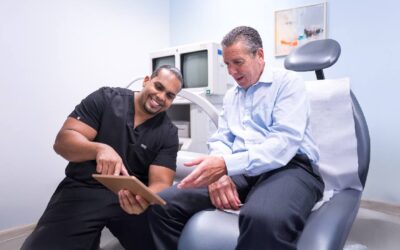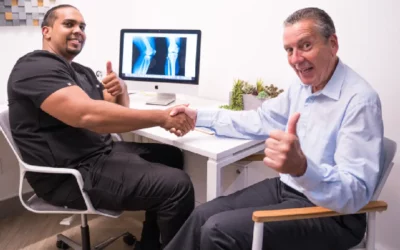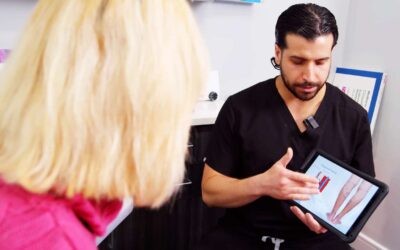What Kind of Doctor Treats Varicose Veins?
What kind of doctor treats varicose veins?
Varicose veins are dilated blood vessels with excess blood. The accumulation of blood in leg veins leads to vascular dilation, resulting in bulging leg veins that look like tangled, twisted, and knotted ropes. Since varicose veins are vascular problems, they must be treated by vascular specialists, also known as phlebologists.
Vein doctors and vascular specialists come from all fields of medicine, including dermatology, anesthesiology, cardiology, primary care, and more. As long as your doctor has specialized training in the diagnosis and treatment of vascular problems, such as spider veins, varicose veins, chronic venous insufficiency, and leg ulcers, they can qualify as phlebologists.
However, the barrier for entry into vein treatments is pretty low, which means a lot of inexperienced doctors can also call themselves phlebologists. You should ideally find board-certified vein doctors, i.e., phlebologists with formal recognition from the American Board of Venous and Lymphatic Medicine for their contributions to vein care.
Our vein treatment clinics in New Jersey are led by some of the country’s most reliable board-certified vein doctors. We hand-pick our vein doctors from the country’s leading residency programs, fellowships, and medical schools. Furthermore, our vein doctors must stay abreast of the latest developments in vein care and specialize in minimally invasive spider vein and varicose vein treatments.
If you have spider veins on the back of your knees, varicose veins in the neck, varicose veins in your upper thighs, or other signs and symptoms of vein disease, please schedule an appointment at our vein treatment clinics in New Jersey.
Can a dermatologist get rid of varicose veins?
Dermatology is the branch of medicine related to the diagnosis and treatment of skin problems. As such, dermatologists can diagnose and treat superficial varicose veins and spider veins, i.e., the visible veins affecting the skin’s surface. They generally use laser treatment to shrink the visible spider veins and varicose veins, making them fade away from the skin’s surface.
However, varicose veins and spider veins are usually caused by underlying chronic venous insufficiency, which can’t be treated with laser therapy. Even though you’ll see improvements after laser therapy, there’s a high risk of recurrence — new spider veins and varicose veins will form because the underlying vein disease will continue spreading.
As such, you should only seek spider vein and varicose vein treatments from phlebologists, i.e., doctors with specialized training in the diagnosis and treatment of chronic venous insufficiency. The vein doctor must also perform an ultrasound diagnostic scan before the treatment to diagnose vein disease and curate a personalized vein treatment plan.
Do vascular surgeons treat varicose veins?
Vascular surgeons are medical professionals with specialized training in the diagnosis and treatment of vascular conditions, including chronic venous insufficiency, spider veins, and varicose veins. In the past, vascular surgeons offered surgical treatments for varicose veins, such as vein ligation and venous bypass surgery. But vascular surgeons now provide minimally invasive vein treatments, such as radiofrequency ablation and endovenous laser ablation.
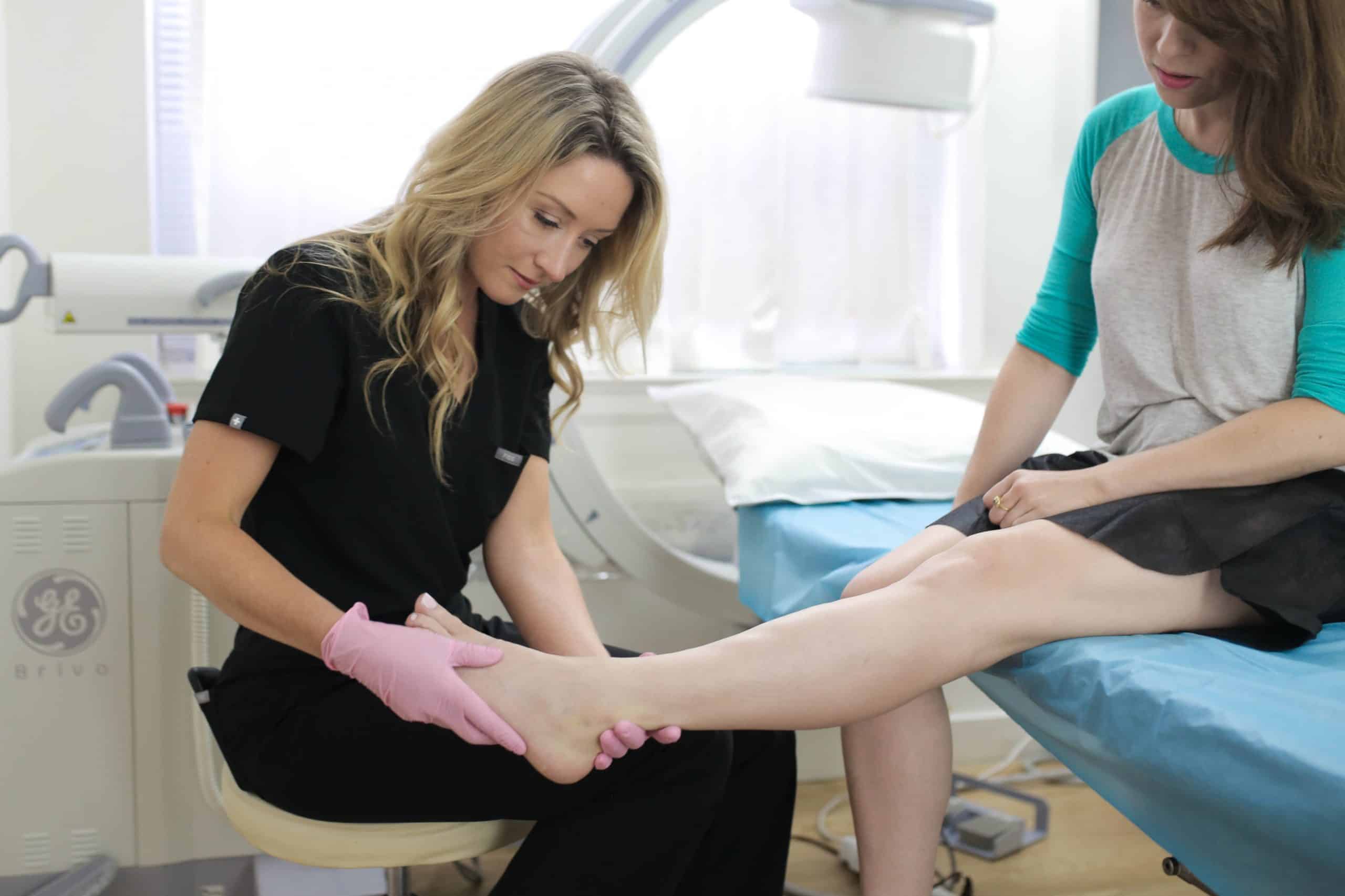
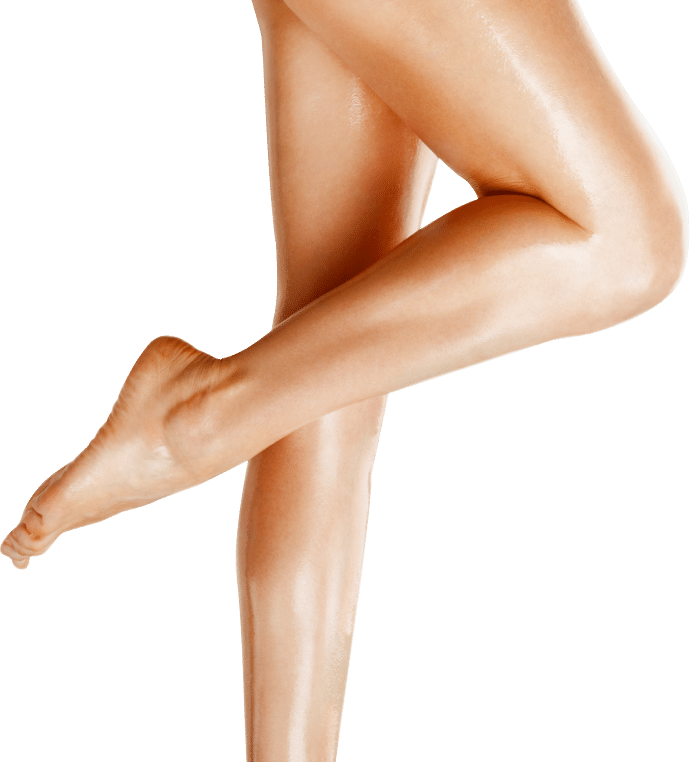
BOOK AN APPOINTMENT
Do you have any symptoms? Consult now with one of the Best Vein Specialist in New Jersey
When should I see a vascular doctor?
You should see a vascular doctor if you have the signs and symptoms of chronic venous insufficiency, the root cause of most vein problems. Venous insufficiency is a medical condition wherein your vein valves collapse or malfunction, usually because of genetic predisposition, obesity, age, pregnancy, or other factors. When your vein valves collapse, gravity forces blood to flow backward and accumulate in the leg veins. The continued accumulation of blood in leg veins leads to vascular dilation and the formation of spider veins and varicose veins.
You should consult a board-certified vascular surgeon if you notice the following signs and symptoms of vein disease:
- Leg heaviness
- Frequent leg cramps
- Restless leg syndrome
- Leg swelling
- Leg pain
- Spider veins
- Varicose veins
- Profuse bleeding from burst varicose veins
- Skin discoloration
- Rust-colored, patchy appearance on the skin
- Non-healing leg wounds (leg ulcers)
- Blood clots in the leg veins (deep vein thrombosis)
Can you reverse varicose veins naturally?
Varicose veins aren’t cosmetic problems — they’re caused by chronic venous insufficiency and the collapse of essential vein valves. As such, at-home remedies and lifestyle changes can’t treat venous insufficiency or reverse varicose veins. The only way to treat varicose veins is to address the root cause, remove/ neutralize the diseased saphenous vein, and then remove the superficial varicose veins.
However, while natural home remedies can’t reverse varicose veins, you can improve the symptoms of vein disease temporarily with the following lifestyle changes:
- Wear compression stockings regularly
- Engage in cardiovascular exercises, such as running, swimming, and cycling
- Elevate your legs above your heart’s level while sitting
- Avoid sitting or standing still in one place for long periods
- Remain hydrated
How much does it cost to have a varicose vein removed?
The cost of varicose vein treatment depends on numerous factors:
- The location, size, and number of varicose veins
- Whether you have underlying chronic venous insufficiency
- The type of vein treatment used — radiofrequency ablation, endovenous laser ablation, etc.
- The type of anesthesia used
- Whether you have insurance coverage
- The extent of insurance coverage available
Does insurance cover varicose veins?
Most medical insurance plans cover varicose vein treatments if they’re deemed medically necessary, i.e., if you have underlying chronic venous insufficiency and experience severe leg pain, swelling, and cramps. However, different insurance plans provide different levels of insurance coverage.
Our vein treatment clinics in New Jersey provide free insurance verification before your appointment. You can send your insurance details to our concierge — they will contact your insurance providers, work out the terms and conditions, and provide an overview of your treatment costs before the procedure.
NJ Vein Doctors
Meet our team of New Jersey Vein Treatment Specialists
Vein Treatments are covered by most major medical insurances, including Medicare. Call us today to verify your insurance for FREE >
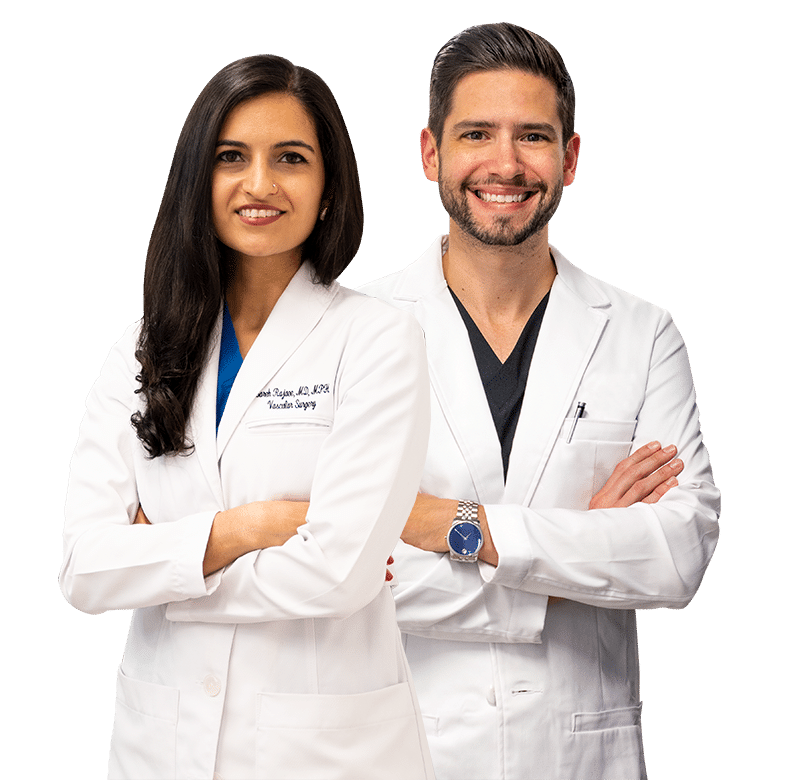
Meet our Team of Top Vein Specialists in New Jersey
Contact us
CALL US
Speak instantly with one of our team members; they will answer any questions you may have regarding insurance coverage, booking an appointment and our vein treatment locations. (973) 946-8082
BOOK APPOINTMENT
Visit our Book Appointment page and instantly request an appointment at the New Jersey vein center. We offer Free Insurance Verification before your appointment.
